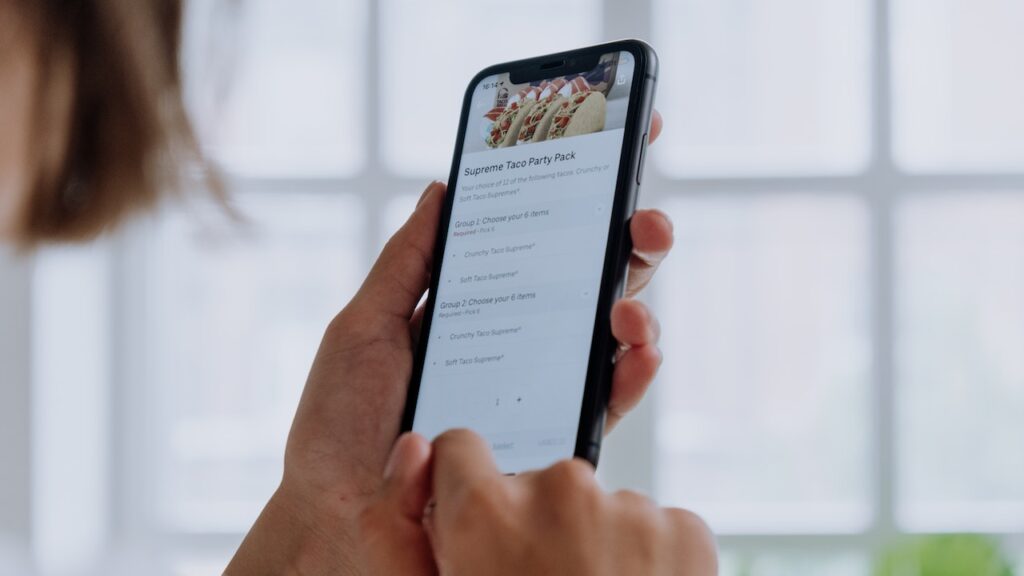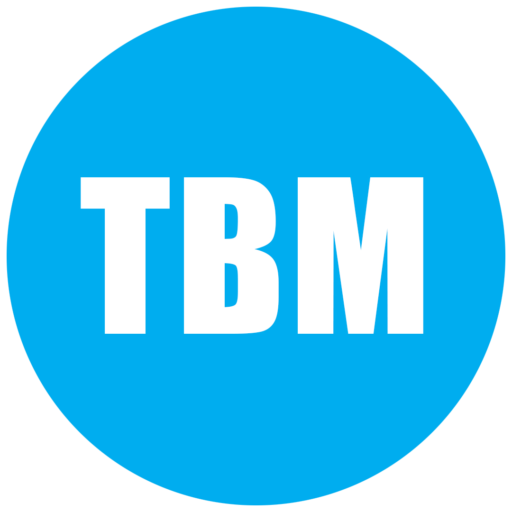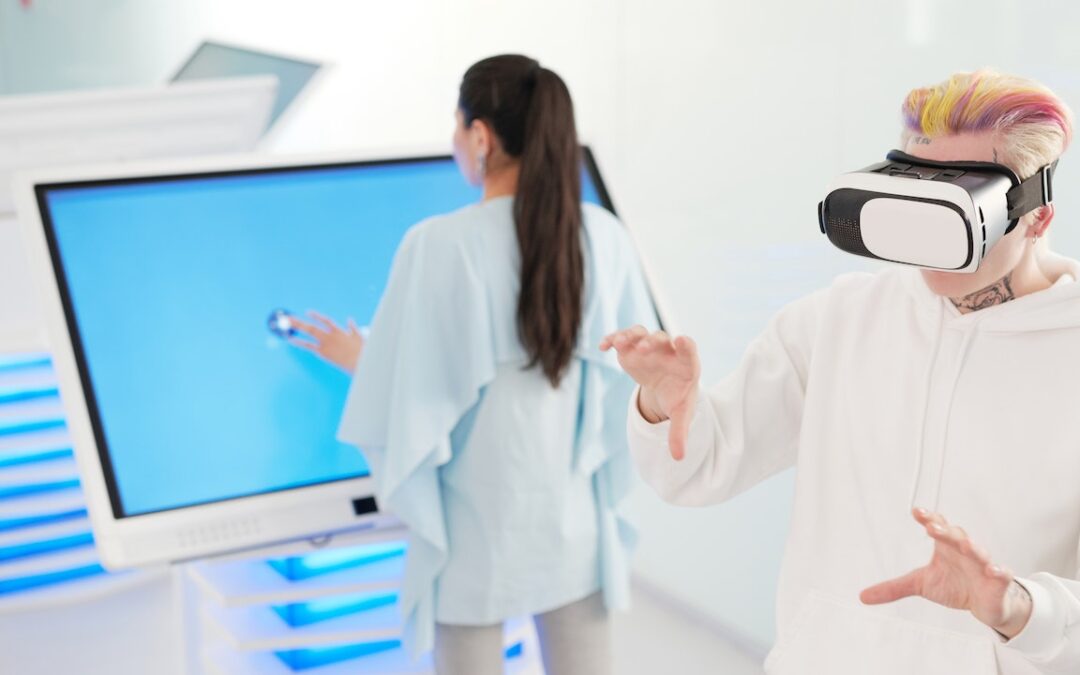In the coming years, artificial intelligence will replace certain jobs, including those in the hospitality industry. The idea of a virtual front desk agent or remote workers attending to guests through an LCD screen is not far-fetched. Such a move would lead to cost savings, more precise performance tracking, time efficiency, and better guest experiences. Although the technology required for this exists, many businesses may take time to adopt it, and it may take a while for people to adapt.
Nonetheless, some restaurants, such as Moshi Moshi in Miami, have already implemented touchless and cashless systems that allow customers to do everything from their phones, and even order food at McDonald’s via an LCD screen. While human input is still necessary for physical processes, every career will involve technology, and workers must be trained to manage the systems in their respective industries.
AI can be a powerful tool for hospitality businesses, helping to streamline operations, enhance the guest experience, and increase revenue. Here are a few specific ways that AI can help:
Personalized Guest Experience: AI can analyze guest data, such as booking history and preferences, to provide personalized recommendations for activities, dining options, and amenities. This can improve guest satisfaction and loyalty, leading to increased revenue. AI-powered chatbots and virtual assistants can also be used to provide instant responses to guest inquiries, improving customer service and increasing revenue.
Revenue Management: AI can analyze market trends and demand patterns to optimize pricing strategies, leading to increased revenue and profitability. This includes dynamically adjusting prices based on factors such as time of day, day of the week, and occupancy rates. AI can also be used to identify cross-selling and upselling opportunities, suggesting additional products and services to guests to increase revenue.
Additionally, AI can help businesses to optimize inventory management, reducing waste and improving cost efficiency. Overall, AI can provide valuable insights and automation capabilities that can help hospitality businesses to improve operations and increase revenue.

Here are a few examples of AI tools that are specifically designed for the hospitality industry:
• Alice – a hotel operations platform that utilizes AI to automate tasks such as guest communication, staff management, and task tracking. https://www.aliceplatform.com/
• Duetto – a revenue management platform that uses AI to optimize pricing strategies for hotels and other hospitality businesses. https://www.duettocloud.com/
• Hopper – a travel booking app that utilizes AI to analyze millions of flight and hotel prices to provide users with the best deals. https://www.hopper.com/
• Whistle – a guest messaging platform that uses AI to automate guest communication and improve guest satisfaction. https://www.trywhistle.com/
• Clairvoyix – a marketing automation platform that uses AI to personalize marketing messages for hotel guests and optimize marketing campaigns. https://clairvoyix.com/

Marketing and Media Specialist. For more information, please refer to my profile.
LinkedIn: https://www.linkedin.com/in/alejandro-marketing

